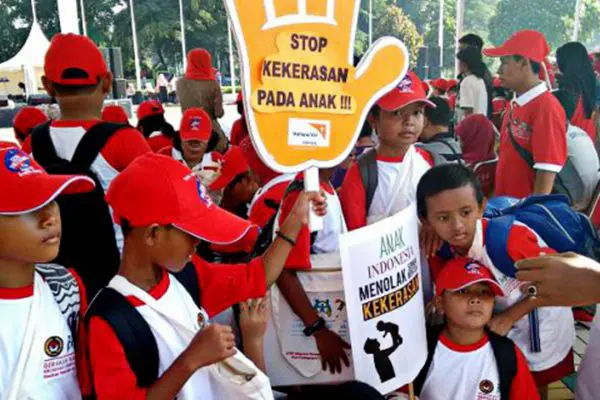Indonesian top human rights watchdog has opposed the government's plan to use chemical castration as a punishment for convicted child molesters over violation of human rights principle.
"It violates human rights. The offenders should go through correctional period instead of being castrated,"said Siti Noor Laila, deputy chairman of the National Commission for Human Rights (Komnas HAM), on Monday.
She said that punishment should take into account human rights, and should only be used to correct misbehavior of convicts.
She added that proper punishment would eventually help offenders follow the community's social system.
"Castration can be classified as inhumane and despicable, and it doesn't comply with Indonesia's constitution and commitments for human rights," she said, noting that the Indonesian constitution protects everyone, including violators, from torture and misconduct that lowers a person's dignity.
Besides that, she said that Indonesia has ratified an international convention against torture, misconduct or despicable and inhumane punishment. The ratification was legalized through the Law No. 5/1998.
Indonesia saw rampant child-sex assault cases in recent years that involves serial pedophiles.
Indonesian President Joko Widodo planned to issue a regulation in lieu of law, locally known as Perpu, containing harsher punishment against those committed in sexual violence against children.
The new punishment includes injection of a hormone to reduce libido and sexual activities against the offenders.
The Perpu will also categorize sexual assault against children as an extraordinary crime, similar to terrorism, drug abuses and corruption crimes.
Indonesia came after Malaysia and India who considered to take similar measure to deal with such cases. South Korea was the first Asian country to legalize the punishment in 2011.
The punishment has long been applied in several states in the United States, Russia and Poland.
 简体中文
简体中文

